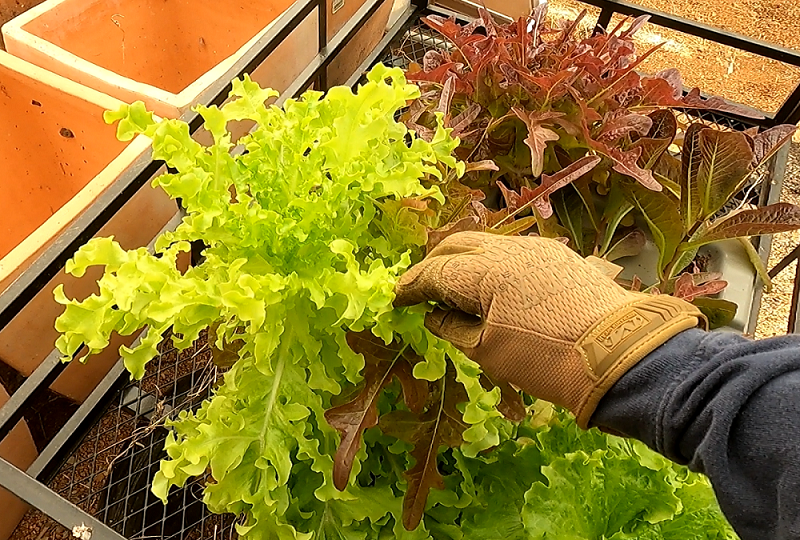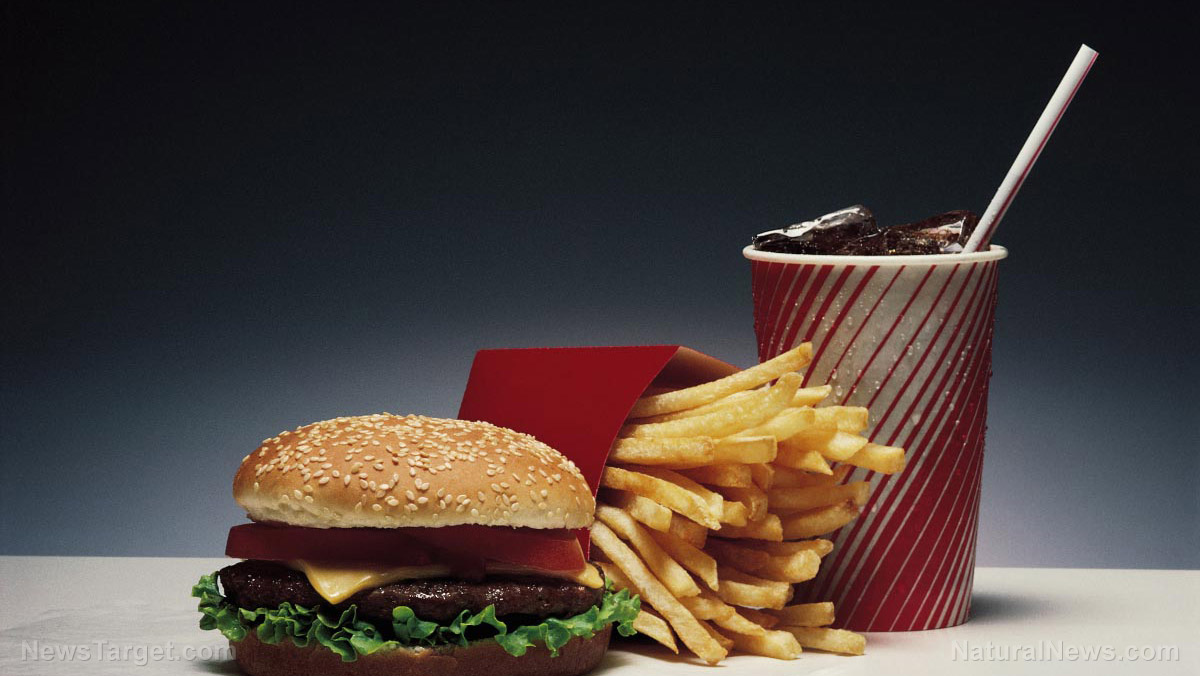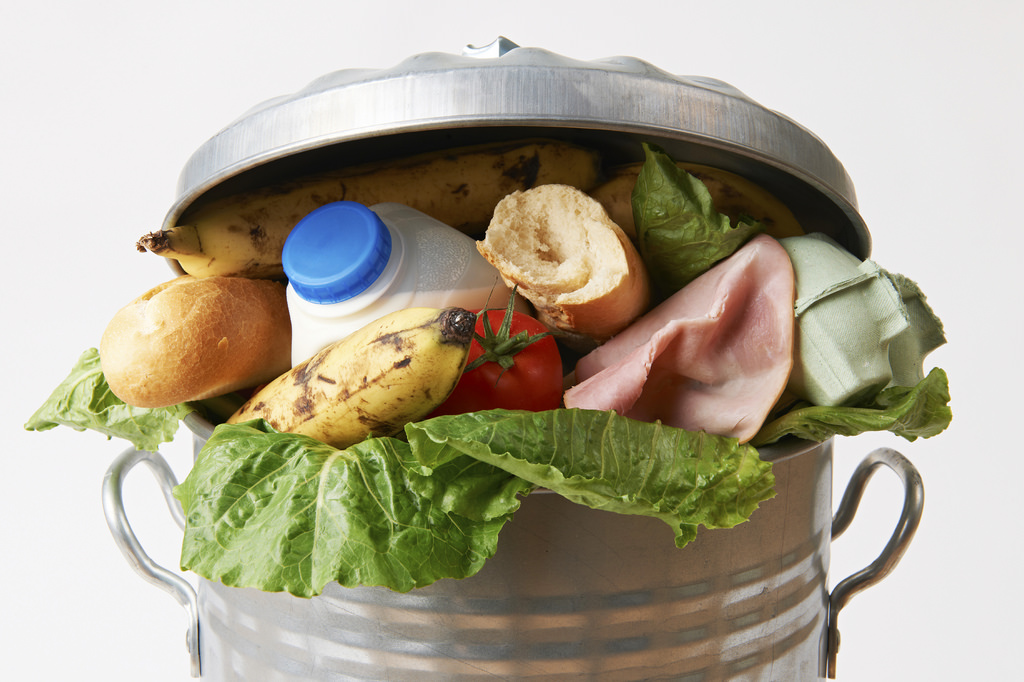Leading baby food brands contain arsenic and lead levels that damage the brain, causing autism in young children
03/25/2022 / By Lance D Johnson

A 2021 congressional investigation found elevated levels of arsenic, mercury, cadmium and lead in popular baby food products. These heavy metals are potent neurotoxins that can damage neurological development, leading to developmental delays and autism in young children.
Baby food manufacturers such as Gerber, Beech-Nut, and Plum Organics were implicated in the investigation. These companies are allowed to police their own products, and they are not held liable when their products contain dangerous levels of heavy metals. According to the report, the manufacturers knew for years that their products were poisoning children. Will the manufacturers be held liable for deceptive marketing practices? Can the manufacturers be held liable for causing developmental delays and autism in children?
Heavy metals in baby food contribute to autism
Attorney Pedram Esfandiary spoke with Robert F. Kennedy, Jr. on “The Defender Podcast” to address this serious issue. Esfandiary takes on consumer fraud litigation, pharmaceutical drug liability cases, class actions and toxic tort injuries.
Esfandiary spoke about the recent investigation by the House Committee on Oversight and Reform. “They found these metals in leading baby food brands sold across the United States and across the world. Actually, they found that these companies have sold these products and had repeatedly ignored both their own internal safety standards and that of the safety centers of regulators.”
He also said the Food and Drug Administration (FDA) doesn’t even have a limit for heavy metals in baby food. “These baby food manufacturers basically regulate themselves, and it turns out that in the interest of profits, they simply didn’t care how much heavy metal was in the food,” Esfandiary said.
Many of the toxic baby food products are labeled “organic.” These organic ingredients may still contain heavy metals that leach into the soil and the crops through pesticide drift and water table contamination. The “organic” label is often used to claim the product is safer for children, but much of these claims are deceptive marketing practices.
Esfandiary works with clients whose children developed autism after primarily ingesting commercial baby food. “American children ate these foods and we have higher rates of autism all across the country in recent years,” Esfandiary said of the correlation. The lawyer is working on a case involving an eight-year-old boy named Noah whose autism can be correlated to the level of heavy metals he consumed from commercial baby food.
Noah was on a diet of commercial baby foods from four months to three years old. Noah consumed “substantial amounts” of these commercial baby foods, eating repeated portions throughout the day. Despite being fed, Noah’s neurological development suffered over time. He was diagnosed with autism and ADHD, two conditions that have been debilitating for him and his family.
Esfandiary filed a case in the LA State Court and wants to hold baby food manufacturers accountable for the brain damage.
Baby food manufacturers knew their products were harmful for years
The worst part about this mass poisoning of babies and toddlers is that the companies have known for years that their products contain high levels of heavy metals. Esfandiary said, “the documents that these companies have already given to congressional investigators show that they knew about this, years and years ago, but for whatever reason, ignored it — and kept selling the product and didn’t bring it to Congress’ attention until 2021.”
According to the company’s own documents, one of the ingredients used in the baby food contains approximately 1,000 parts per billion of arsenic and 100 parts per billion of lead. These levels are scientifically proven to damage the human brain.
Kennedy said the companies can get away with poisoning children because of loopholes provided by the FDA. The agency allows the manufacturers to test individual ingredients instead of the finished product. If multiple ingredients contain high levels of heavy metals but individually do not surpass the FDA’s heavy metal limits, they can still be combined together in the final product. The final product may contain dangerous levels of heavy metals, but the product is ultimately sold to consumers because the individual ingredients were not considered a threat. The FDA is currently implementing new standards called “Closer to Zero: Action Plan for Baby Foods.”
“The best way to reform this kind of behavior in many cases is litigation,” Kennedy said. “If these companies know that they can get away with anything they want with the [FDA], the one place where they face justice – and are accountable for the harm they’ve imposed on our children – is in the courthouse.”
Sources include:
Submit a correction >>
Tagged Under:
arsenic, autism, babies, baby food, brain damage, cadmium, children's health, deceptive marketing, developmental delays, food safety, food science, groceries, ingredient sourcing, ingredients, Lead, mercury, organic fraud, toxins
This article may contain statements that reflect the opinion of the author
RECENT NEWS & ARTICLES
CleanFoodWatch.com is a fact-based public education website published by Clean Food Watch Features, LLC.
All content copyright © 2018 by Clean Food Watch Features, LLC.
Contact Us with Tips or Corrections
All trademarks, registered trademarks and servicemarks mentioned on this site are the property of their respective owners.




















